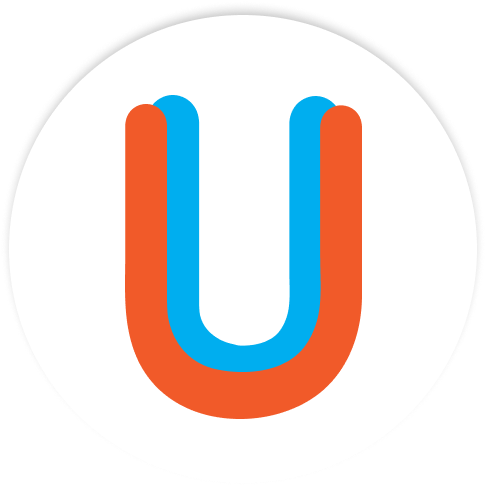You’ve probably heard the saying, “Every child is unique.” While it’s a common phrase, it’s also the core truth that makes early childhood education both a challenge and a joy. One of the best ways we can honor this uniqueness is through effective assessment. Let’s explore what this means and why it’s so crucial in early childhood education.
The Purpose of Assessment in Early Childhood Education
Assessment in early childhood education serves many purposes. It helps us understand where a child is developmentally and cognitively, what their learning style might be, and their specific strengths and areas for improvement. By regularly tracking their progress, we can see the impact of our teaching strategies and adjust our methods to support their learning journey better.

Types of Assessments in Early Childhood Education
There are two primary types of assessments: formal and informal. Formal assessments might involve standardized tests and structured observations, while informal assessments include anecdotal records, checklists, and portfolios. Both types offer valuable insights:
- Formal Assessments: Provide an objective measure of a child’s skills and knowledge.
- Informal Assessments: Offer a more flexible, personalized view of a child’s learning process and progress.
These two together provide a holistic understanding of a child’s development.
The Impact of Assessment in Early Childhood Education
Assessments in early childhood education are more than just tools for measurement – they offer numerous benefits that enhance the entire educational process. Here’s a closer look at the advantages:
- Guiding Instruction: Assessment data provides valuable insights that help shape teaching strategies and curriculum development, ensuring that instruction aligns with each child’s unique needs.
- Supporting Individual Learning Needs: By highlighting each child’s strengths and areas for improvement, assessments allow educators to tailor their approach, providing additional support where needed and challenging the child where they’re ready.
- Fostering Parent-Teacher Communication: Assessments serve as a bridge between the classroom and home. They offer clear, factual information about a child’s development and learning progress, facilitating more effective communication between educators and parents.
- Promoting Accountability: Regular assessments ensure accountability in the education process, helping educators identify successful strategies and areas where changes might be needed.
By embracing these benefits, we can ensure that assessments serve as powerful tools in supporting each child’s educational journey.
Challenges in Early Childhood Assessment and How to Overcome Them
Assessment isn’t without its challenges. Issues such as cultural biases in tests, the risk of labeling, and the pressure to standardize can present obstacles. However, these challenges can be overcome:
- Cultural Sensitivity: Ensure assessments are sensitive to cultural differences.
- Multiple Assessment Methods: Use a mix of formal and informal assessments.
- Regular Re-Assessment: Regularly reassess to track progress and adjust teaching methods.
The Role of Technology in Early Childhood Assessment
In this digital age, technology plays a significant role in early childhood assessment. Tools like alphaTUB make assessment more accurate, efficient, and straightforward. These digital solutions not only save time for teachers but also provide valuable data that can be analyzed to inform teaching practices and engage parents.
Takeaway
Assessing a child’s progress is not about labeling or pigeonholing them. Instead, it’s about understanding their unique educational journey and how we can best support them. Assessment in early childhood education is, therefore, a valuable tool, enabling us to meet each child where they are and guide them forward effectively.
Are you ready to enhance your assessment strategy? Explore how alphaTUB’s tools can empower your early childhood education practices, making assessments more insightful and impactful. Let’s work together to support every child’s unique learning journey.




